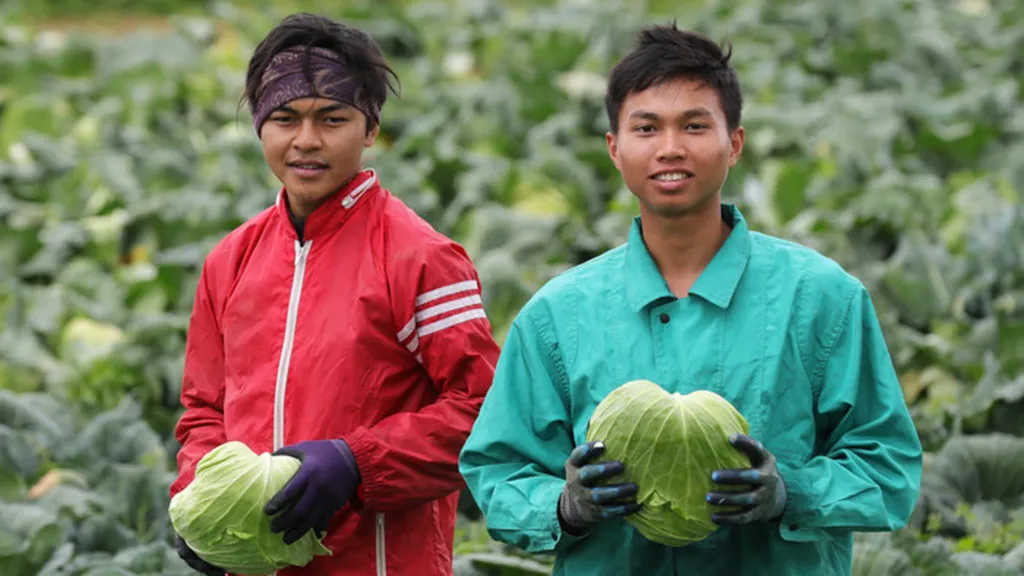In the heart of Bangladesh’s Narsingdi district, a quiet revolution is taking root, one vegetable farm at a time. A recent study, led by Md. Golam Farouque from the Department of Agricultural Extension Education at Bangladesh Agricultural University, has shed light on the promising yet challenging journey of eco-friendly vegetable cultivation. The research, published in the journal *AgroEnvironmental Sustainability* (translated as ‘Sustainable Agroenvironment’), offers a comprehensive look at farmers’ knowledge and practices, providing a roadmap for sustainable agriculture in the region.
The study, conducted between January and April 2023, surveyed 112 vegetable farmers in the Shibpur sub-district. The findings reveal that 71.4% of farmers possess moderate knowledge of eco-friendly practices, scoring an average of 78.56% at the application level of Bloom’s Taxonomy. However, the practical implementation of these methods tells a different story. Only 64.3% of farmers demonstrated a medium-level utilization of eco-friendly practices, indicating a significant gap between knowledge and action.
Farouque emphasizes the critical role of education and training in bridging this gap. “Factors such as education, experience, training, and extension contact significantly influence both knowledge and practice,” he notes. The study suggests that targeted initiatives by the Department of Agricultural Extension (DAE) and the Ministry of Education (MoE) could substantially enhance farmers’ understanding and adoption of eco-friendly practices.
The commercial implications of this research are profound. As the global demand for sustainably grown produce continues to rise, farmers who adopt eco-friendly practices stand to gain a competitive edge in the market. The study highlights the need for robust extension services and continuous education to empower farmers with the knowledge and skills necessary to meet this growing demand.
Moreover, the research underscores the importance of sustainable agriculture in preserving vital resources and promoting long-term environmental health. By reducing the reliance on harmful pesticides, eco-friendly farming practices can contribute to cleaner water, healthier soil, and a more resilient agricultural sector.
As the world grapples with the challenges of climate change and environmental degradation, the insights from this study offer a beacon of hope. The findings not only provide a snapshot of the current state of eco-friendly vegetable cultivation in Narsingdi but also pave the way for future developments in sustainable agriculture. By fostering a deeper understanding of eco-friendly practices and encouraging their widespread adoption, we can cultivate a greener, more sustainable future for all.

